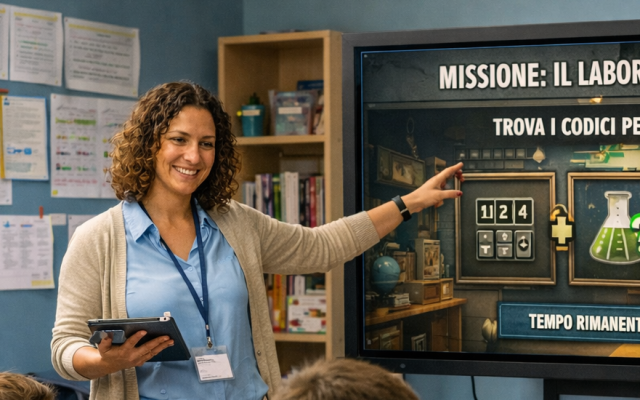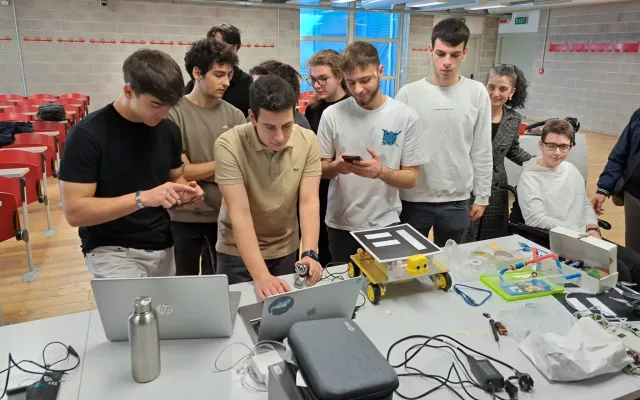4 min.
All is set for the 6th edition of the Global Junior Challenge (www.gjc.it), the international competition that rewards the innovative use of technology for 21st century education and digital inclusion.
The competition is organized by the Fondazione Mondo Digitale under the high patronage of the President of the Italian Republic with the patronage of the Italian Ministry of Foreign Affairs and in collaboration with the United Nations Alliance of Civilizations (UNAOC), Legambiente and Intel Italia.
Why was the GJC conceived? to create a unique opportunity to reflect on the 21st Century challenges for innovation in didactics, integration, sustainable development and the eradication of world poverty.
What is the GJC?The Global Junior Challenge, an international competition that is held every two years in Rome, is promoted by Roma Capitale and organized by the Fondazione Mondo Digitale. It is a global challenge to promote social and digital innovation projects from around the world.
The Rome final event will include an exhibition of finalist projects and workshops, debates and meetings. The Awards Ceremony will be held at the Rome Campidoglio. The Global Junior Challenge is perfectly aligned with the Digital Agenda and the Innovation Union Initiative presented by the European Commission in the greater Europe 2020 Strategy for intelligent, sustainable and inclusive growth.
Who does the GJC address? The competition is open to schools, associations, public and private institutions, cooperatives, universities, companies and individuals of any age from any part of the world.
Projects operative as of December 31, 2011 may apply for the "21st Century Education" and "Social Inclusion" areas.
The 21st Century Education area includes projects subdivided into the following categories: up to 10 years old, up to 15 years old, up to 18 years old, up to 29 years old, “ICT for Sustainable Development in the Environment” in collaboration with Legambiente and “ICT for the Insertion of Youth in the Work World”. The Social Inclusion area includes projects competing in the “ICT for the Integration of Immigrants and Refugees” category, organized in collaboration with the United Nations Alliance of Civilizations (UNAOC).
GJC AwardsAn international jury selects the projects and proclaims the winners. There are five types of awards: Global Junior Challenge Award (a statuette of the Etruscan she-wolf with Romulus and Remus, the symbol of the foundation of the city of Rome) presented to the winning projects selected amongst all competing projects; President of the Italian Republic Award (three silver medals) presented to the most innovative projects presented by Italian schools; Small fund Award for project from developing countries and the “i-Prof” Award presented by Intel Italia to the teacher who has designed and developed the most innovative idea to involve as many students as possible, especially the most fragile ones at risk of exclusion. This final award includes a last-generation technological device and a free trip to the Vienna UNAOC Forum.
The Programme Three days of events and debates
October 17 will focus on the projects presented by elementary and middle schools.
Upper schools will present their projects on October 18, while the Awards Ceremony will be held on the morning of October 19 at the Rome Campidoglio Sala della Protomoteca along with a debate on 21st Century Volunteering.
During the first two days, cooperation laboratories and training meetings will also be held for schools and third sector organisations.
The 6th edition of the GJC International Competition will end with a musical evening.
Why Participate in the GJC?The GJC is a unique opportunity to communicate with a vast audience of students, teachers, families, agencies, associations and institutions; in fact, the 2009 GJC attracted over 3000 individuals, presented 109 finalist projects from 32 countries. The GJC is not only a key to access the “secret diary” of young students, but also a bridge to come into contact with a wide basin of interests and great opportunities.



